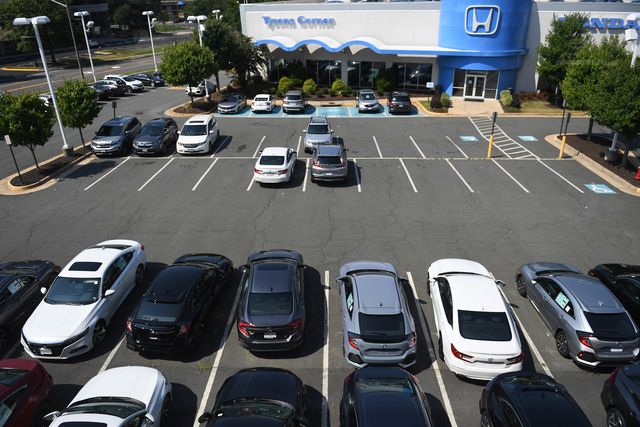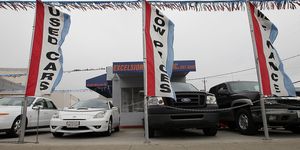The tight supply of new cars is shifting how automakers are dealing with old cars. General Motors and Honda both recently changed what they will allow their customers to do with their leased vehicles. Instead of allowing customers access to any purchaser in the market, anyone leasing a GM brand vehicle, or a Honda or Acura, will now have to return the vehicle to a dealership from that brand when the lease is over.
GM lessees “are only able to submit a lease purchase request . . . by contacting GM Financial Customer Experience or working with a participating GM dealership,” Joe Bartuch, executive vice president of U.S. sales and credit for GM Financial wrote to GM dealers recently, according to Automotive News.
GM’s change started on the first of July, and Honda soon followed suit. Both companies said they will keep the policy in place through the end of 2021. Toyota told Automotive News that it is reviewing its leased vehicles policy and Ford said it has not accepted co-called “third-party lease returns” for years.
GM’s and Honda’s policy changes were instigated by the chip shortage and other factors that are limiting new vehicle supply, with Honda specifically mentioning “global parts supply issues and congestion at various ports.” The automakers say that preventing lessees from selling their vehicles to a company like Carvana or to a dealer representing another brand will mean their own dealers are more likely to have vehicles to sell during this time of strong demand.
“Our goal is to make sure our dealers have access to quality preowned Honda and Acura vehicles to satisfy the needs of new and returning customers,” American Honda Finance Corporation said in a statement provided to CNET.
GM made the changes “to better support our GM dealers through the current economic environment and the challenges they’re encountering sourcing quality pre-owned vehicles,” the automaker told Automotive News.
The automakers have not made it completely impossible for a person leasing a GM or Honda vehicle to sell their car back to someone other than the company that built the car. They’ve just made it more of a hassle. To get around the new restrictions, a lessee would have to buy out the lease, take ownership of the vehicle themselves and then sell it to whomever they want.
From: Car and Driver
Source: Read Full Article




